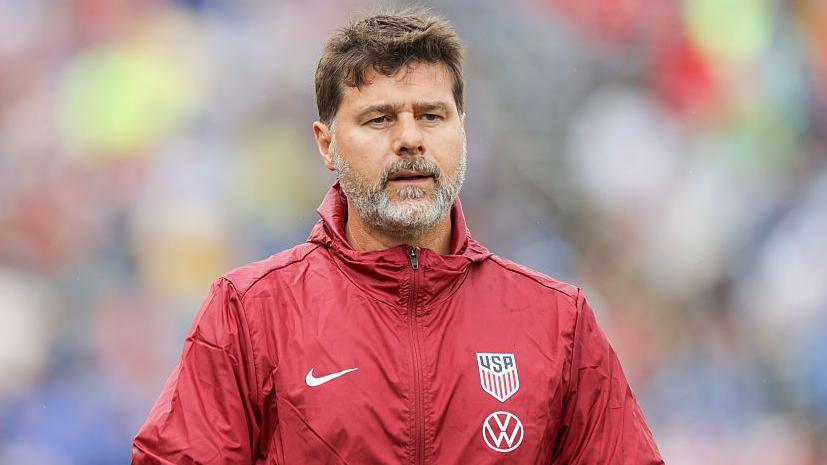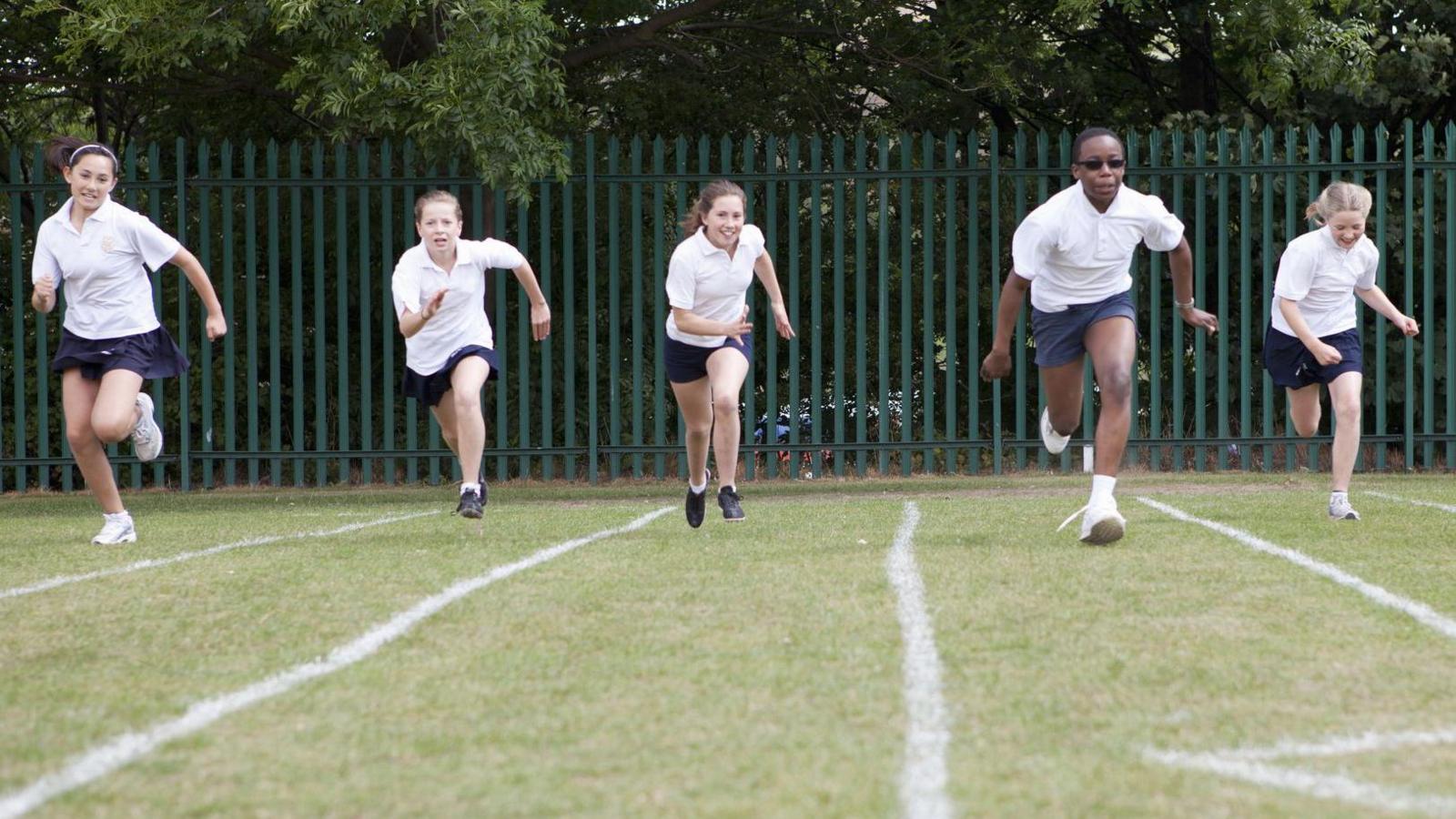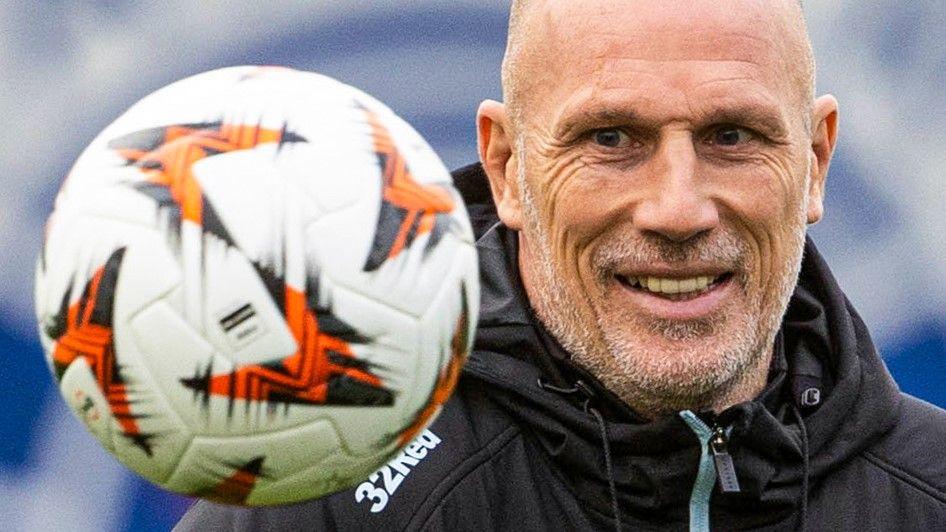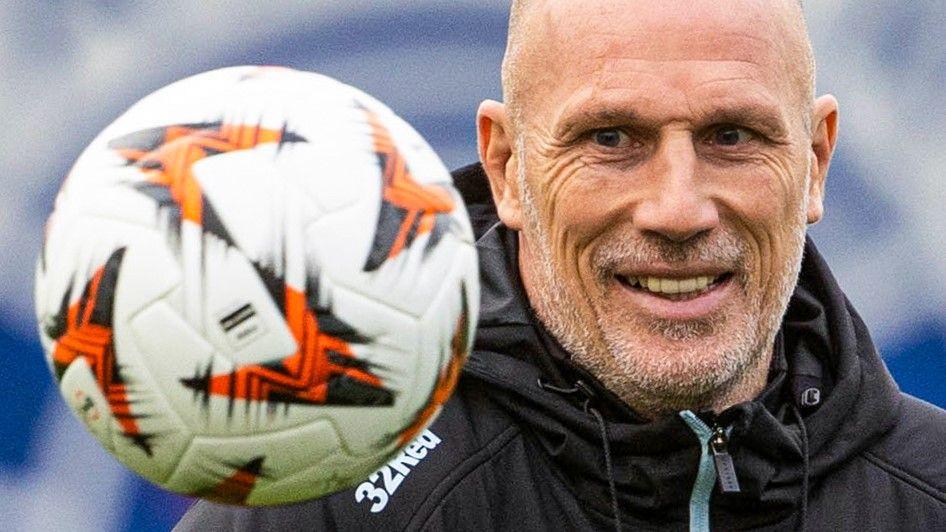United States head coach Mauricio Pochettino has ruled himself out the running to replace Ange Postecoglou, saying a return to Tottenham at this point is “not realistic”.
Postecoglou, 59, was sacked on Friday, despite leading the club to their first piece of silverware in 17 years with victory in the Europa League.
Pochettino, whose five-year stay at the club came to an end in November 2019, has been linked with a return to Tottenham.
But the Argentine, who was appointed US manager in October 2024, says he is happy in his new role.
” I think, since I left in 2019, my name has always been on the list]of rumours].
“I’ve seen the rumours, we are 100 coaches on the list. Don’t be worried about that.
” If something happens]in the future], you for sure will see, but I am so happy in this moment and we cannot talk about this type of thing. “
Pochettino was speaking after the United States were beaten 2-1 by Turkey in Connecticut.
It was the side’s third straight defeat, leaving Pochettino with five wins and four losses from nine matches in charge.
The United States are hosting the 2026 World Cup alongside Canada and Mexico.
During his time in north London, Pochettino helped Spurs reach the final of the Champions League in 2019, as well as to a second-place finish in the Premier League in 2017.
There is interest in Fulham coach Marco Silva, and Brentford manager Thomas Frank is a leading contender to replace Postecoglou.
Ben Davies, a Wales defender, has continued to work until the summer of 2026 on his contract.
related subjects
- USA
- Premier League
- Tottenham Hotspur
- Football



